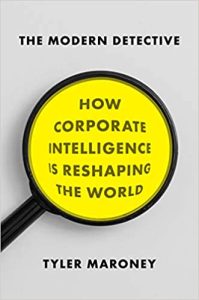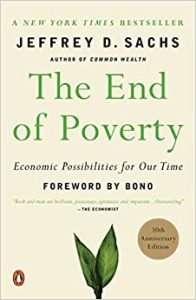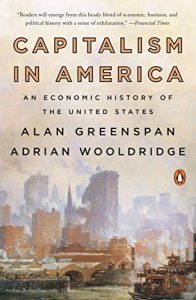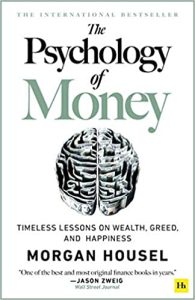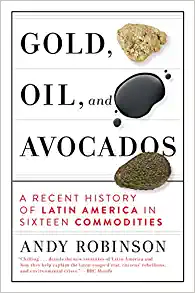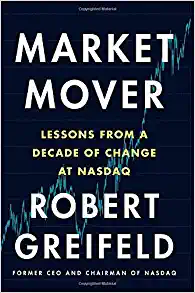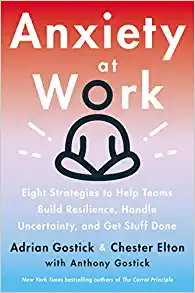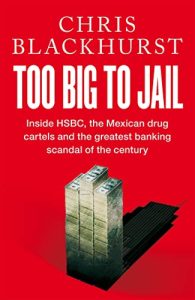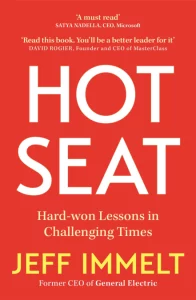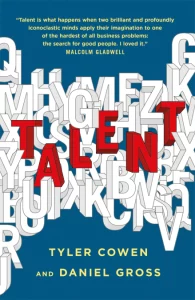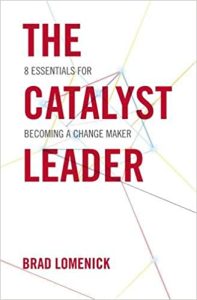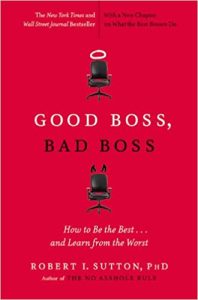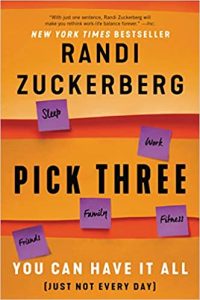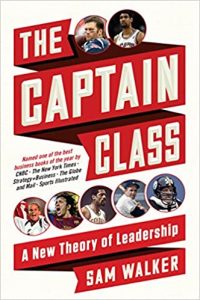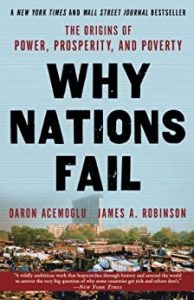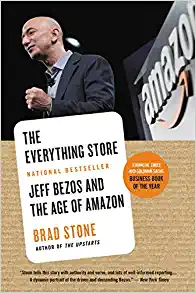The Modern Detective
₦7,000.00A fascinating examination of the world of private investigators by a 21st-century private eye.
Today’s world is complicated: companies are becoming more powerful than nations, the lines between public and corporate institutions grow murkier, and the internet is shredding our privacy. To combat these onslaughts, people everywhere — rich and not so rich, in business and in their personal lives — are turning away from traditional police, lawyers, and government regulators toward a new champion: the private investigator.
As a private investigator, Tyler Maroney has traveled the globe, overseeing sensitive investigations and untying complicated cases for a wide array of clients. In his new book, he shows that it’s private eyes who today are being called upon to catch corrupt politicians, track down international embezzlers, and mine reams of data to reveal which CEOs are lying. The tools Maroney and other private investigators use are a mix of the traditional and the cutting edge, from old phone records to computer forensics to solid (and often inspired) street-level investigative work. The most useful assets private investigators have, Maroney has found, are their resourcefulness and their creativity.
Each of the investigations Maroney explores in this book highlights an individual case and the people involved in it, and in each account he explains how the transgressors were caught and what lessons can be learned from it. Whether the clients are a Middle Eastern billionaire whose employees stole millions from him, the director of a private equity firm wanting a background check on a potential hire (a known convicted felon), or creditors of a wealthy American investor trying to recoup their money after he fled the country to avoid bankruptcy, all of them hired private investigators to solve problems the authorities either can’t or won’t touch. In an era when it’s both easier and more difficult than ever to disappear after a crime is committed, it’s the modern detective people are turning to for help, for revenge, and for justice.

